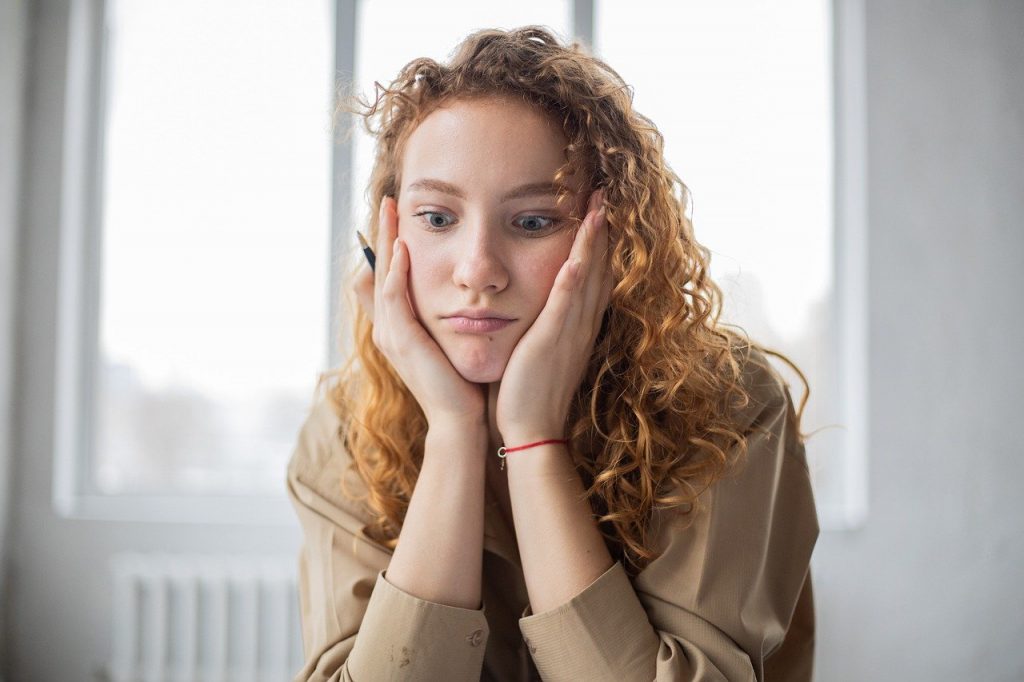On May 5, CVS Health highlights mental health services for women in honor of Mental Health Awareness Month. According to the survey from the company the COVID-19 pandemic has universally amplified levels of stress and anxiety among women, with moms and caregivers most deeply affected.
“Six-in-ten women say the pandemic has had a negative impact on their overall levels of stress, and nearly half (46%) say they are experiencing significantly more or somewhat more stress compared to this time last year. In fact, women said they have experienced fear or concern about the impact of COVID-19 on their family’s or friend’s health (66%), their health (60%) and their household’s financial situation (49%),” – CVS Heath reported.
Women’s Mental Health
According to the statistics data more than 1 in 5 women in the United States experienced a mental health condition in the past year, such as depression or anxiety. Many mental health conditions, such as depression and bipolar disorder, affect more women than men or affect women in different ways from men.
The Office of Women’s Health at the U.S. Department of Health and Human Services reports that women wait an average of four years after the onset of PTSD symptoms before asking for help. Men, on the other hand, seek assistance an average of one year after PTSD symptoms arise. Sexual violence is the primary source of PTSD worldwide. Recovery Across Mental Health states that women have a higher rate of developing PTSD after a traumatic event: 20.4% for women, compared to 8.1% for men. According to the ADAA, 65% of male rape victims and 45.9% of women who are victims of rape will develop PTSD as a result.
“In addition to feeling too ashamed to seek help for a mental disorder, many women simply aren’t aware that their symptoms constitute an illness that can be treated. A big step toward improving the diagnosis and treatment of mental health conditions in women rests in education: providing information about the prevalence of mental illness, the negative effects it has on women and their families, and the many resources available to help them receive the treatment they need to return to health,” – report in the article Regis College.
The CVS Survey
According to the results from a recent survey conducted by CVS Health and Morning Consult about the mental health impact of COVID-19, which polled 4,400 American adults, including moms and caregivers, from April 8 to April 15, 2021. The study found that when compared to men, women are more likely to agree that they often do not prioritize their own mental health because they are focused on taking care of others (45% versus 38%). When looking specifically at moms, nearly one quarter (23%) say that as a result of the pandemic, they have experienced difficulty providing the necessary caregiving to their children — a higher proportion than the general population of American adults (13%).
“A year into the pandemic, it’s clear that women are just one of many communities hit hardest,” said Cara McNulty, President, Behavioral Health and Employee Assistance Program, Aetna, a CVS Health company.
“When stay-at-home orders from the pandemic were put in place, many women quickly recalibrated their daily routines to care for children and family members, often while also managing work responsibilities and at-home duties. Any caregiver — of children or adult loved ones — will tell you that it is a full-time job. During this difficult year, the result has been profound stress, burnout and anxiety that cannot be ignored. This May, we are standing up for women’s mental health, raising awareness and dedicating resources to women, moms and caregivers to support them in prioritizing their own total well-being.”

